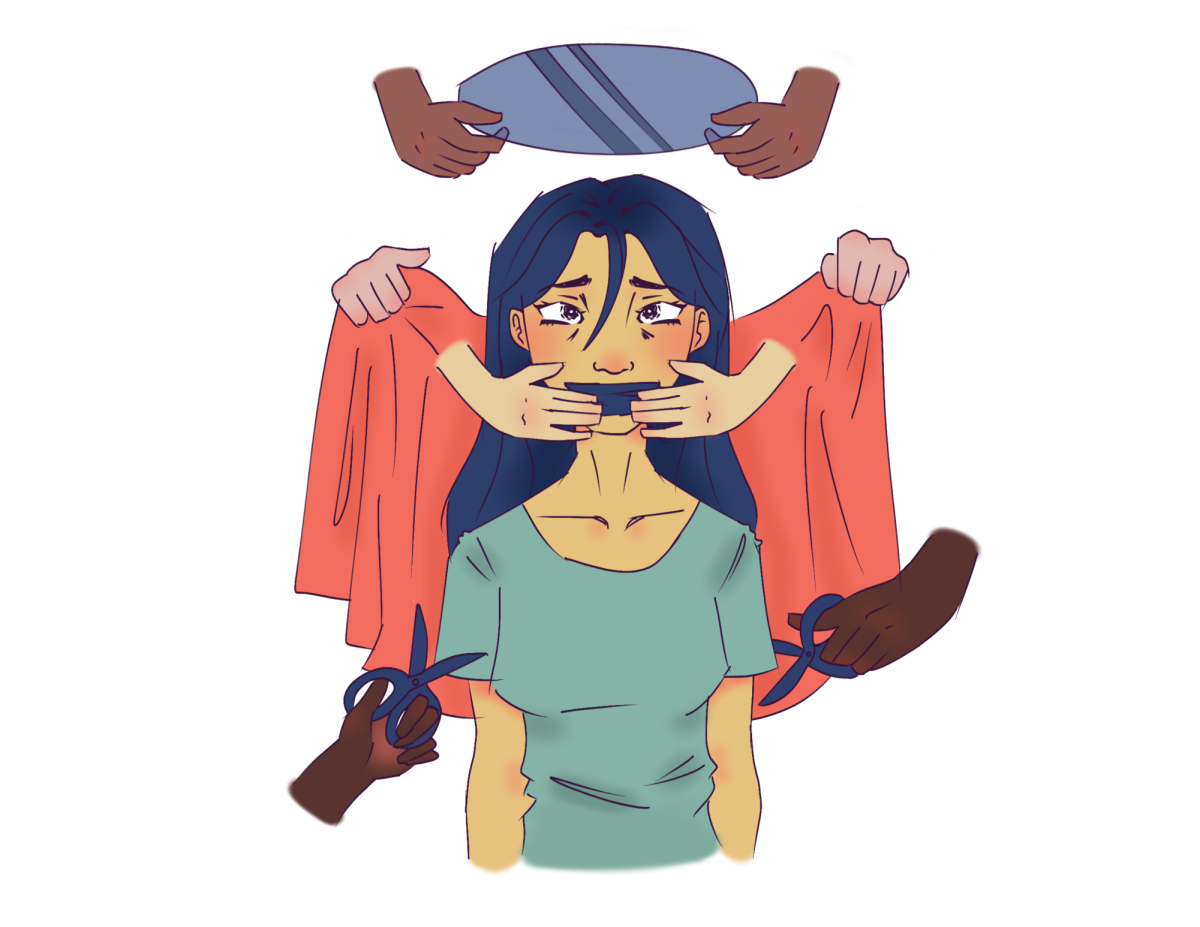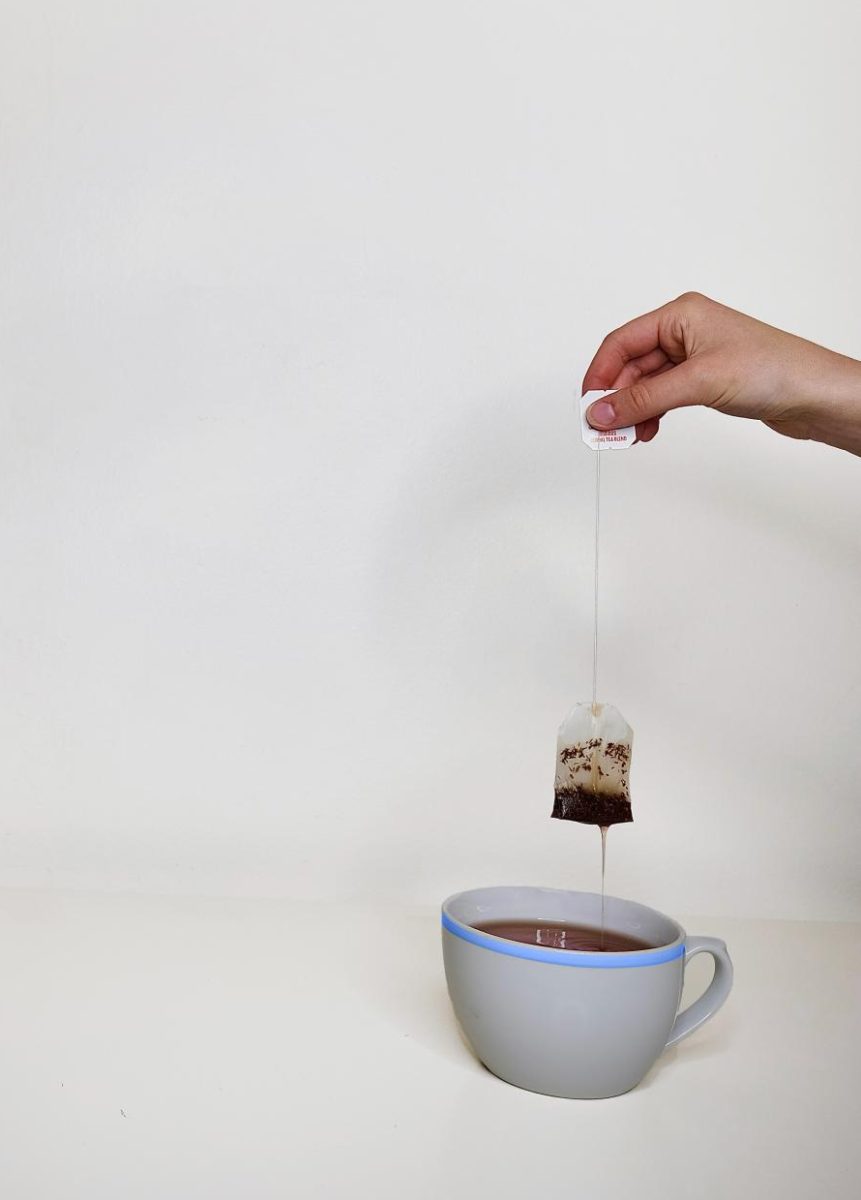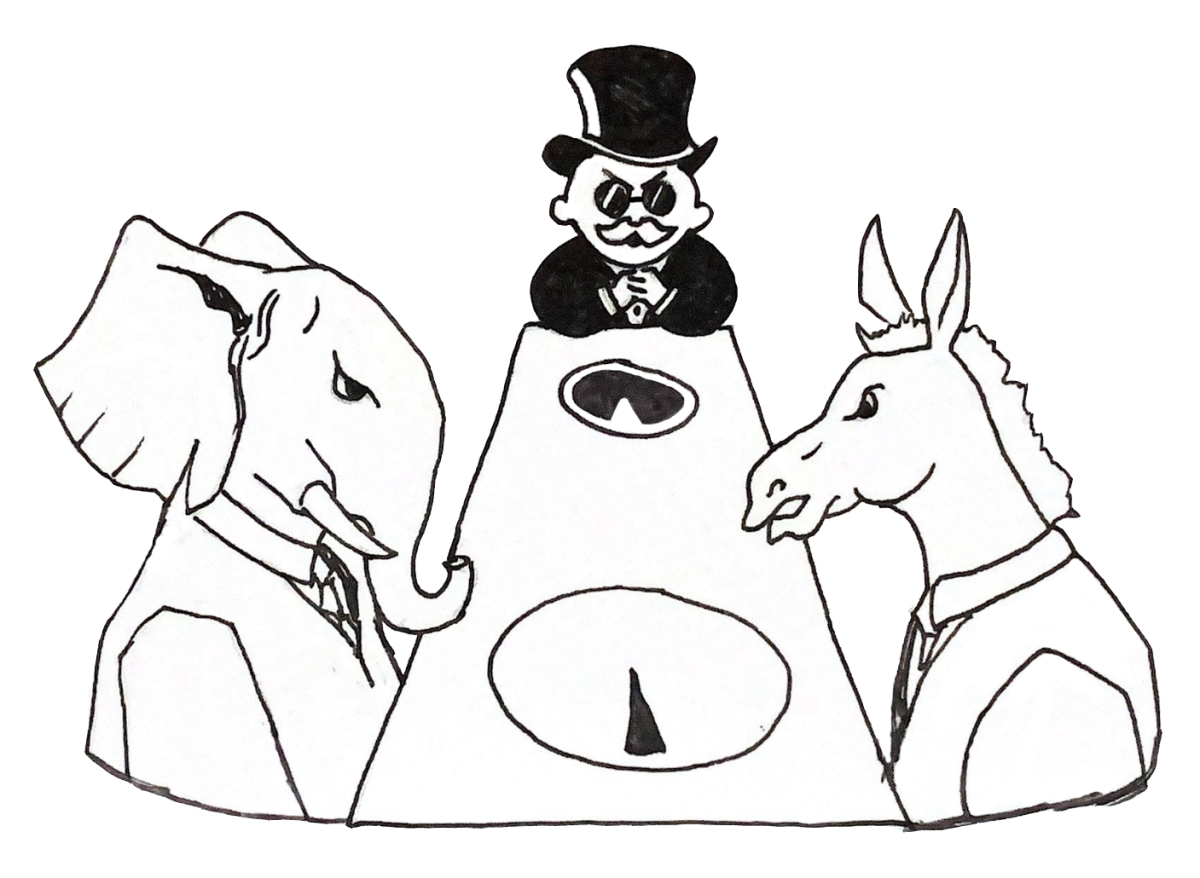“Don’t worry about it.” This is something a boy said to the leader of our group as we started working on a school project, taking a camera out of her hands and motioning for her to go. She’d volunteered to do the job and had experience with photography, but he brushed her off as if she was incapable. Sadly, this is perceived as something so normal that she didn’t even try to defend herself.
When we talk about sexism, we tend to focus on major events — abortion bans, the gender pay gap, the absence of guaranteed paid maternity leave or political underrepresentation. While those undeniably need to be discussed, smaller things like humor, microaggressions and belittling can have a huge effect on gender equality in our everyday lives as well. In a Taylor & Francis survey, 60% of participants said that they’ve heard sexist jokes directed against women in the workplace — for example, telling a female coworker to “make some coffee.”
This is also where both explicit and implicit biases tend to come up. According to the Human Development Reports’ 2023 Gender Social Norms Index, over 50% of Americans still have gender biases. When people have a predetermined idea of someone in their mind before they even get to know them, it puts that person in an unfair position. Most clearly, this can be seen in professional environments. Lean In states that 49% of women who are the only ones of their sex in the workplace feel like their knowledge in their area of expertise gets doubted. Similarly, 31% of women, compared to 16% of men, think that they have to overly prove their competence. Women don’t always receive such negative messages about themselves directly; they can often be absorbed through movies, literature and other media.
Experiencing a singular moment of one’s intelligence being questioned can be hurtful, yes. But as a woman, this is so common and deeply rooted in society that we actually begin to believe that we’re inferior. According to the International Journal of Behavioral Science, 58% of female professionals have struggled with impostor syndrome. In a survey conducted by The Standard, 35.77% of women think the reason behind the so-called “pick me girl” phenomena is internalized misogyny. Both of these statistics support the idea that constant exposure to the sexism that we’ve accepted as casual often leads to deep insecurity in women.
Sexist humor’s effects are severely underestimated. It’s become normalized to laugh at unfunny jokes and allow our abilities to be brushed off. The UN Chief Antonio Guterres estimates it will take 300 years to achieve true gender equality. We will never get anywhere close if we don’t reconsider what is acceptable. Until, upon hearing “it’s a girl!” no disappointment will be seen on the father’s face in the hospital room.








